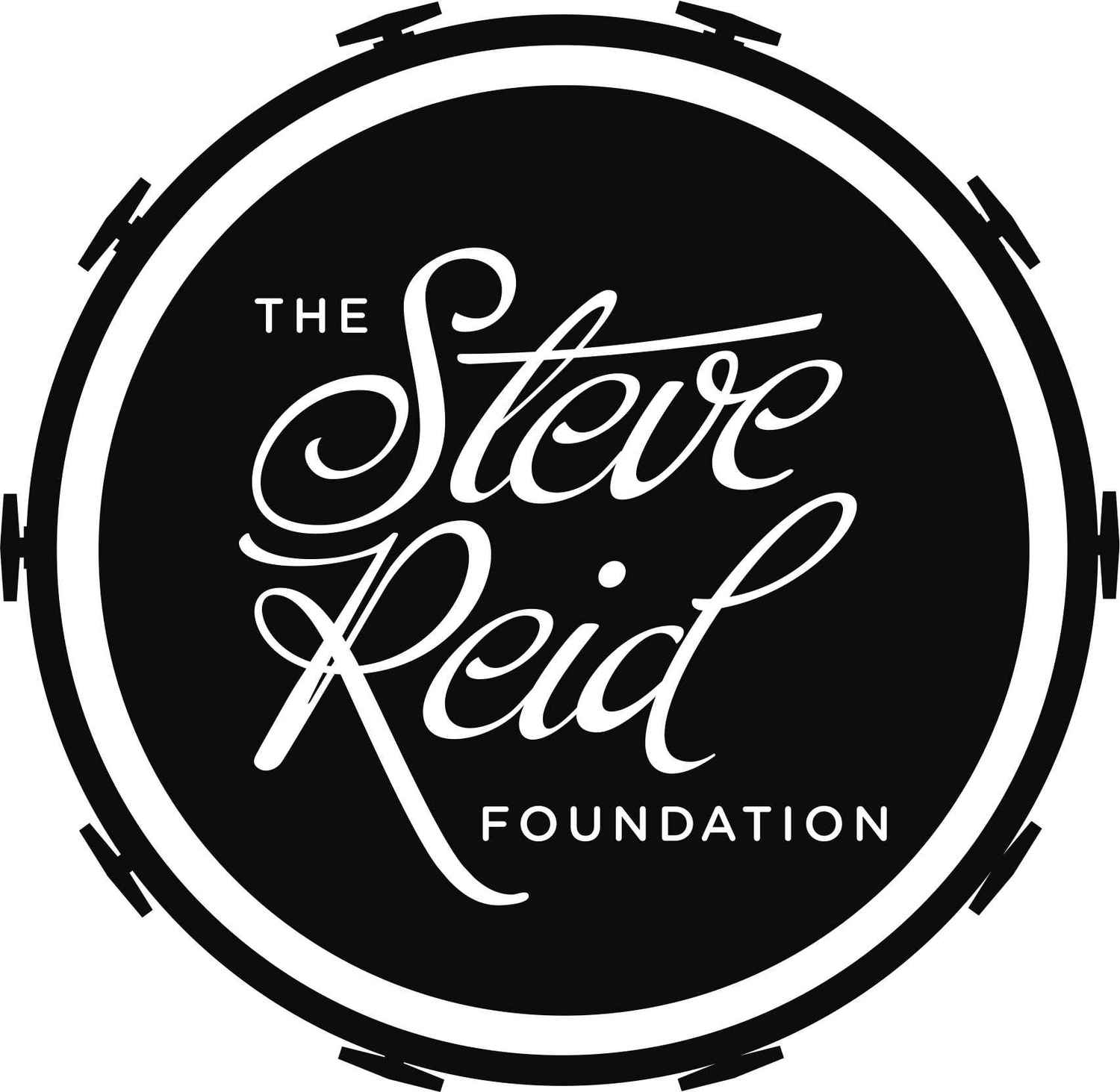HERE TO HELP YOU
We wanted to make this page avaliable to you as a starting point to a few key areas, that from our experience, need highlighting.
Starting with...
Health & Physical Wellbeing
Life on the road can be stressful and unhealthy. Don’t drink or take drugs to excess. Make sure you have a healthy diet and exercise regularly. It’s obvious but important, as musicians face many health risks including repetitive injuries, muscular and skeletal problems, ear damage and vocal fitness. Remember, prevention is better than cure.
If you do have any work-related health concerns, you can contact the British Association for Performing Arts Medicine (BAPAM). BAPAM provides specialist health support to all full time and part time professional and student performing artists, plus production crew, throughout the UK.
Related Links:
Business & Contracts
Don’t be scared of contracts; they can protect you. They set out both parties’ expectations and requirements. But understand what they mean – never sign a contract without legal advice or getting it explained to you by someone with experience. You could regret it!
Publishing Deals
Getting a publisher can be very important, especially if your strength is songwriting or you make music for film and TV. Look at them as part of building the right team of people around you. Typical deals are 70/30 or 75/25 in the writer’s favour and they publish your songs for anywhere between 10 and 25 years. If advances are involved, they will expect options (on their side, not yours). If you get offered a 50/50 split in perpetuity, turn it down. Those deals should have gone out with the ark. If you are not 100 certain what you are doing, get legal advice.
Artist Management
A key member of your team is the artist manager. A good manager can help make things happen for you and deal with all the things you don’t want to deal with. They are your interface to the business. Make sure they have relevant music industry experience and that they don’t take more than 20% commission.
Record Deals
Nowadays you can release music yourself very easily, but a record company can be useful for resources and experience and to do all the things you don’t want to do. Basically they are an artist’s promotion and marketing department – they can strategise your releases and make things happen. Typical indie deals are 50/50 profit splits, where the label pays all the costs of the release and splits the profit equally with the artist.
Licensing
If you are not signed to a label and own your own recordings, then you can license them yourself to a record label or a compilation or film and TV. Work out a realistic strategy and target the right labels or compilations of TV programmes and go for it.
Income Streams
There are three main income streams:
1) Artists get record royalties from sales.
2) Writers get publishing income from sales and radio play.
3) Both get income from live performances.
Other sources of income usually come once established from things like merchandising and sync licensing (see below).
Sync Licensing
If anyone wants to "sync" your music to their pictures, then they must get a sync license from you. This is normally films, TV shows, computer games and TV adverts. They must license both "sides" - the recording from the holder of the recording rights (the record label or the artist if unsigned) and the publishing from the holder of the publishing rights (the publisher or the songwriter). Normally these are buy-outs (rather than royalty-based) and can vary from anything like £500 up to £50,000 (or even more) for a big song in a big film or TV ad. It can be money from heaven, but everyone is chasing it and agencies are now driving the prices down.
Touring
Once you have played all the gigs you can hustle yourself, get a booking agent and get yourself out there. Touring is now the major source of income for musicians (it has overtaken recording income). But in order for an agent to sell you to promoters they will need activity – record releases, radio play, strong online activity etc.
Booking Agents
Put together a strategy to get a booking agent when you are ready. Do your research and find out which agents are a right fit for you. Then have a plan to organise a bunch of shows clustered together in the city where the agents are based and invite them to all of the shows (they must be able to make one of them!). Invite interns, receptionists, etc. – they can all pass on how good the show was.
Promote Yourself
Making your music available to the public is not enough. There are thousands of other unknown acts competing for attention. You need to promote yourself to the right audience. Choose a certain period of time (one month? two months?) and focus maximum activity into this period. Gigs, releases (free downloads?) and masses of online activity including video content, reviews on blog sites, remix competitions – be creative with the ideas and work it!
Finance & Tax
Don’t be scared of self-employment. Once your income reaches a taxable level, contact HMRC and register as self-employed. Ask to pay your basic National Insurance contributions monthly by direct debit (this ensures that you qualify for benefits and pensions in future years) and keep a record of all income on one page and all outgoings that relate to your work on another page. This will make it simple to do your tax return at the end of the year.
Useful links:
For a list of music industry organisations that can provide useful information and support click here.
For a list of educational institutes, academies and colleges click here.
A big thanks to our trustee Simon Goffe whose experience and knowledge is invaluable.
